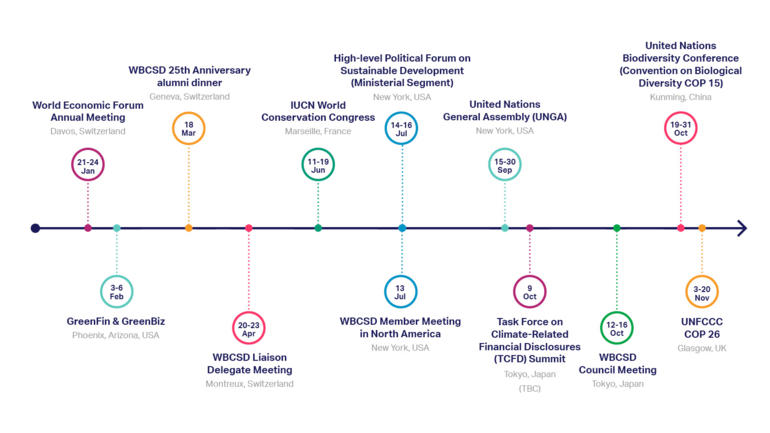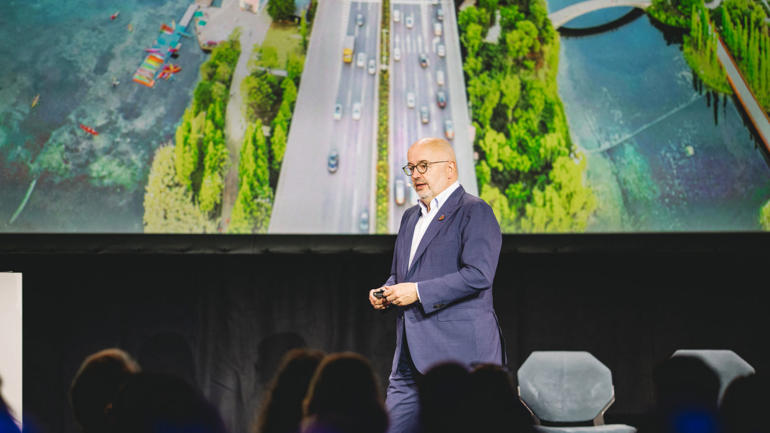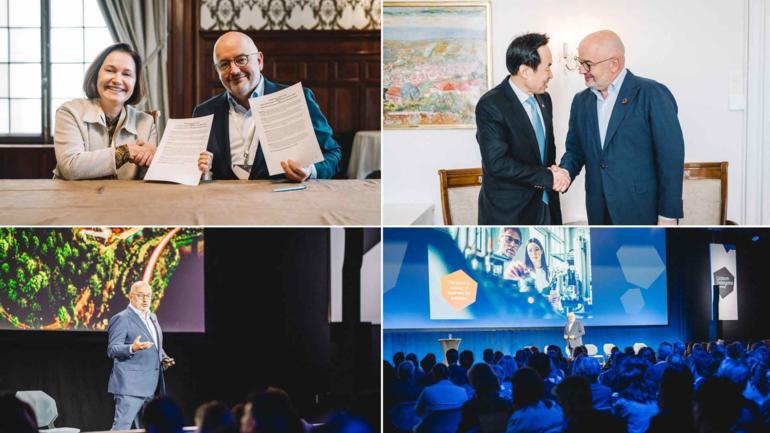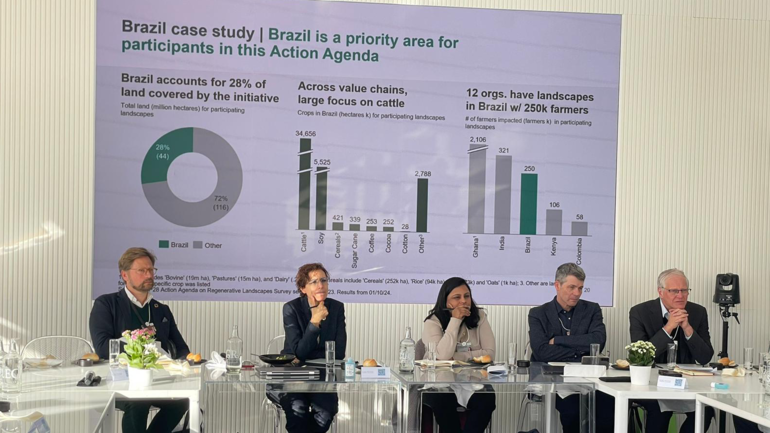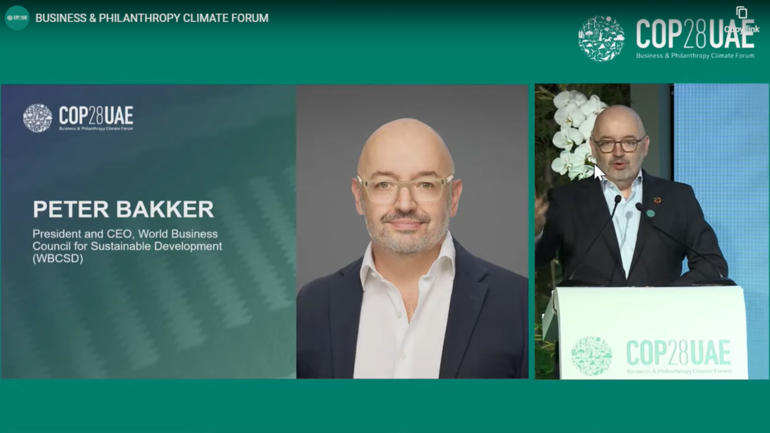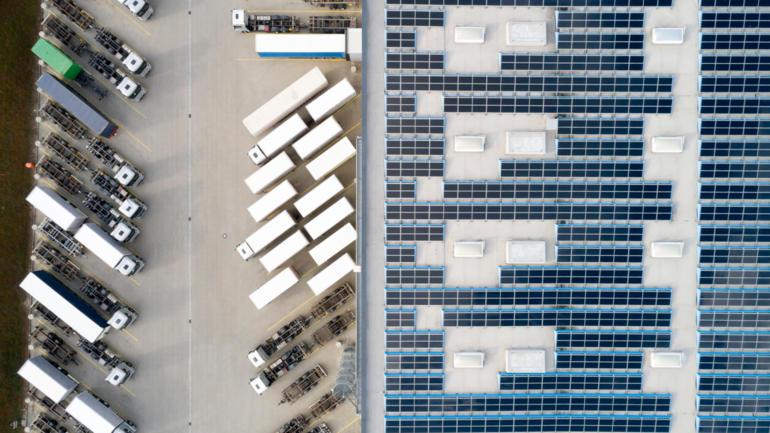First and foremost, allow me to wish you a Happy New Year and much-continued business success in 2020.
This year, we are celebrating our 25th anniversary.
25 years ago, in 1995, sustainability was a new area. The UNFCCC was working towards its first major achievement of the Kyoto Protocol, and business leaders came together within WBCSD to work towards understanding the challenges and the course of action to address them.
A lot has changed since then.
However, instead of focusing on the past or on which achievements WBCSD has helped deliver, I would like to zoom in on what we need to change now to ensure a sustainable transition to the next 25 years.
The “super-year” of 2020 is set to be a turning point for the future. The world will focus on climate and nature with COP26 in the UK and CBD COP15 in China, the United Nations will celebrate its 75th anniversary, and this year also marks the start of the Decade of Delivery for the Sustainable Development Goals (SDGs).
Today, the need for the sustainable transformation of the world’s key economic systems is clearer and more urgent than ever. The task at hand is getting bigger and the deadlines for action shorter than ever before. I only have to point you at the devastating fires Australia is currently facing to give a good example of the urgency to act.
We must ensure that business uses its power to help implement and scale up change to lead the transformation of our key economic systems.
That is why we are working on a refresh of our Vision 2050, to be launched in Tokyo this October.
Just as in 1995, when we created this platform for business to come together with a common agenda, we are doing this again now to determine the way forward towards 2030 and beyond. A crucial part of Vision 2050 is to determine what systems transformation actually involves, how these transformations can be made actionable and what an individual company can do to lead these changes.
Coming out of the past decade, it’s now well recognized that business’ sole responsibility is not just to its shareholders and to make profits: it must also look after all its stakeholders including people and the planet. The Paris Agreement and the SDGs have provided two global frameworks that can help business make this transition, but the pace of change is still insufficient. However, the now so popular notion of “stakeholder capitalism” is not going to be enough.
Let me be clear, it is not capitalism that is the challenge we are facing. The challenge is providing the model with the right input so that it can function in optima forma.
The “garbage in, garbage out” concept is helpful to understand what I mean by optima forma. This principle means that something produced from materials of low quality will also ultimately be of low quality. The same applies to capitalism. We need to start feeding it with more than just financial results: we must include in our definitions of performance the impact we have on nature and people and turn capitalism into a model that optimizes the returns on financial, natural and social/human capital.
If we achieve this, then business solutions that improve the environmental footprint or improve the quality of life will attract a lower cost of capital, get allocated more investment money and thus scale much faster than when left to just financial returns alone.
We have an exciting year and decades ahead of us with so many opportunities for business leaders like all of you to show the world the new solutions for the future. At WBCSD we are all energized to support your efforts and we look forward to sharing the outcomes of our foundational Vision 2050 project with you.
I would like to take this opportunity to share with you an overview of the key events in 2020 which will help you engage strongly across the year, starting with our plans for the World Economic Forum Annual Meeting in Davos, Switzerland and our Liaison Delegate Meeting in Montreux, Switzerland this April, for which the registration is now open.
Stay tuned and thank you for your support so far – we are grateful for the past 25 years and can’t wait to continue to lead sustainable development in the next 25 years with you.



